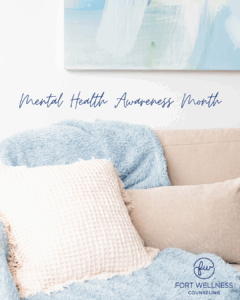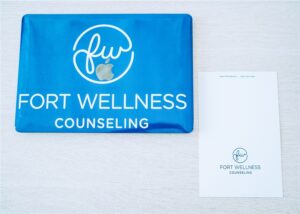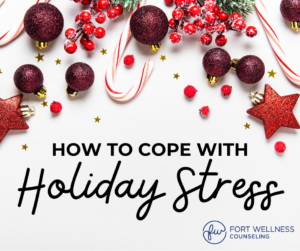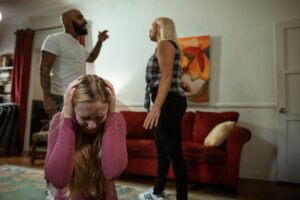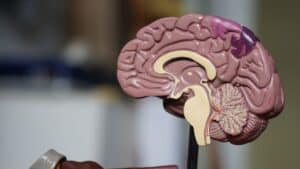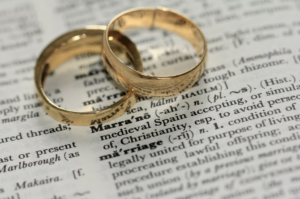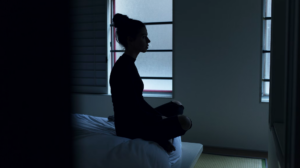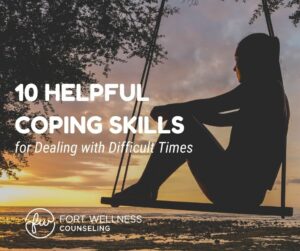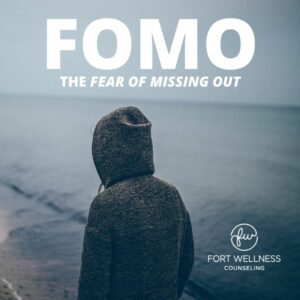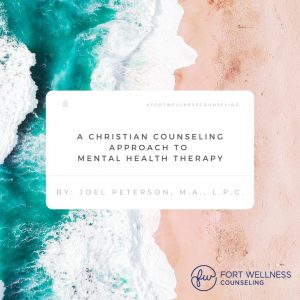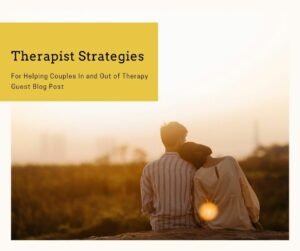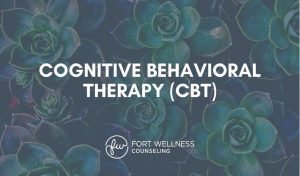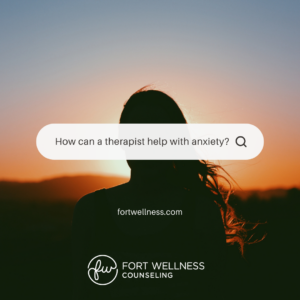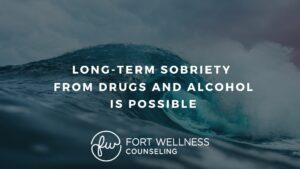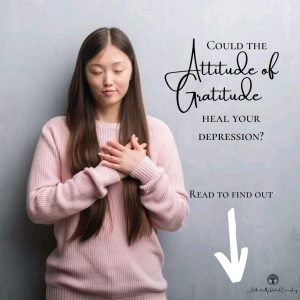Do you ever find it hard to really trust the people around you? Maybe it feels risky to open up, or you worry that being vulnerable will lead to rejection or misunderstanding. If that sounds familiar, you might be experiencing the effects of relational trauma. Keep reading to learn more about relational trauma.
Relational trauma happens when someone experiences repeated emotional wounds in important relationships — usually with people who were supposed to care for or protect them. While it’s hard to know exactly how many people experience it, research suggests that around 60% of adults have been hurt in significant ways by someone close to them.
Below, we’ll unpack where relational trauma comes from, how it might be showing up in your daily life, and what healing can look like with individual counseling.
What Causes Relational Trauma?
Relational trauma can come from almost any painful or confusing relationship experience. It’s often rooted in patterns of emotional neglect, manipulation, or betrayal — especially from parents, partners, family members, or close friends.
Some common causes include:
- Physical abuse or threats
- Unwanted sexual contact or coercion
- Witnessing violence at home or in relationships
- Feeling emotionally neglected, rejected, or abandoned
- Experiencing long-term manipulation, invalidation, or gaslighting
- Betrayal trauma — when someone you trusted deeply breaks that trust
- Feeling trapped in toxic or cyclical relationships (known as trauma bonds)
- Growing up in a home where emotions weren’t expressed or accepted (childhood emotional neglect)
- Early experiences that made it hard to feel safe or connected (developmental trauma)
Whether you relate to one of these experiences or a mix of them, your pain is valid. You don’t need a label or a “perfect” story for your trauma to matter.
How Relational Trauma Can Show Up
Relational trauma doesn’t always look obvious — sometimes it shows up quietly in how we think, feel, and connect.
Here are a few common ways it can appear:
- Difficulty building relationships
When trust has been broken before, it can feel nearly impossible to rely on others again. These patterns often start in childhood and can carry into adult relationships, creating attachment struggles or a fear of getting too close.
- Anxiety and depression
If love or acceptance didn’t feel safe growing up, it can leave lasting scars on your self-worth. This often leads to anxiety, low self-esteem, or emotional ups and downs that feel hard to manage.
- Destructive coping behaviors
Sometimes, the pain shows up through actions rather than feelings. You might find yourself withdrawing, overworking, or using substances to numb difficult emotions. These coping mechanisms may feel protective at first but can deepen the hurt over time.
- Complex PTSD (C-PTSD)
In more severe cases, repeated betrayal or neglect can lead to complex post-traumatic stress disorder. This can create chronic shame, emotional instability, and a sense that danger is always nearby — even when you’re safe.
If any of this sounds familiar, please know that you’re not alone. Healing is absolutely possible — and it’s something we help people with every day here at Fort Wellness Counseling.
Healing from Relational Trauma
One of the most effective ways to recover from relational trauma is through individual therapy. In a safe, supportive space, you’ll begin to:
- Strengthen your self-esteem
- Learn to regulate emotions
- Build and maintain healthy relationships
- Recognize and reframe negative thinking patterns
- Process past experiences and find meaning in them
- Develop new, healthy coping strategies
At Fort Wellness Counseling, our therapists specialize in helping people heal from trauma and reconnect with themselves and others. With regular sessions, you can learn to trust again, feel more grounded, and move forward with confidence and clarity. Reach out today by contacting us to get connected with a therapist that can help you on your healing journey.











